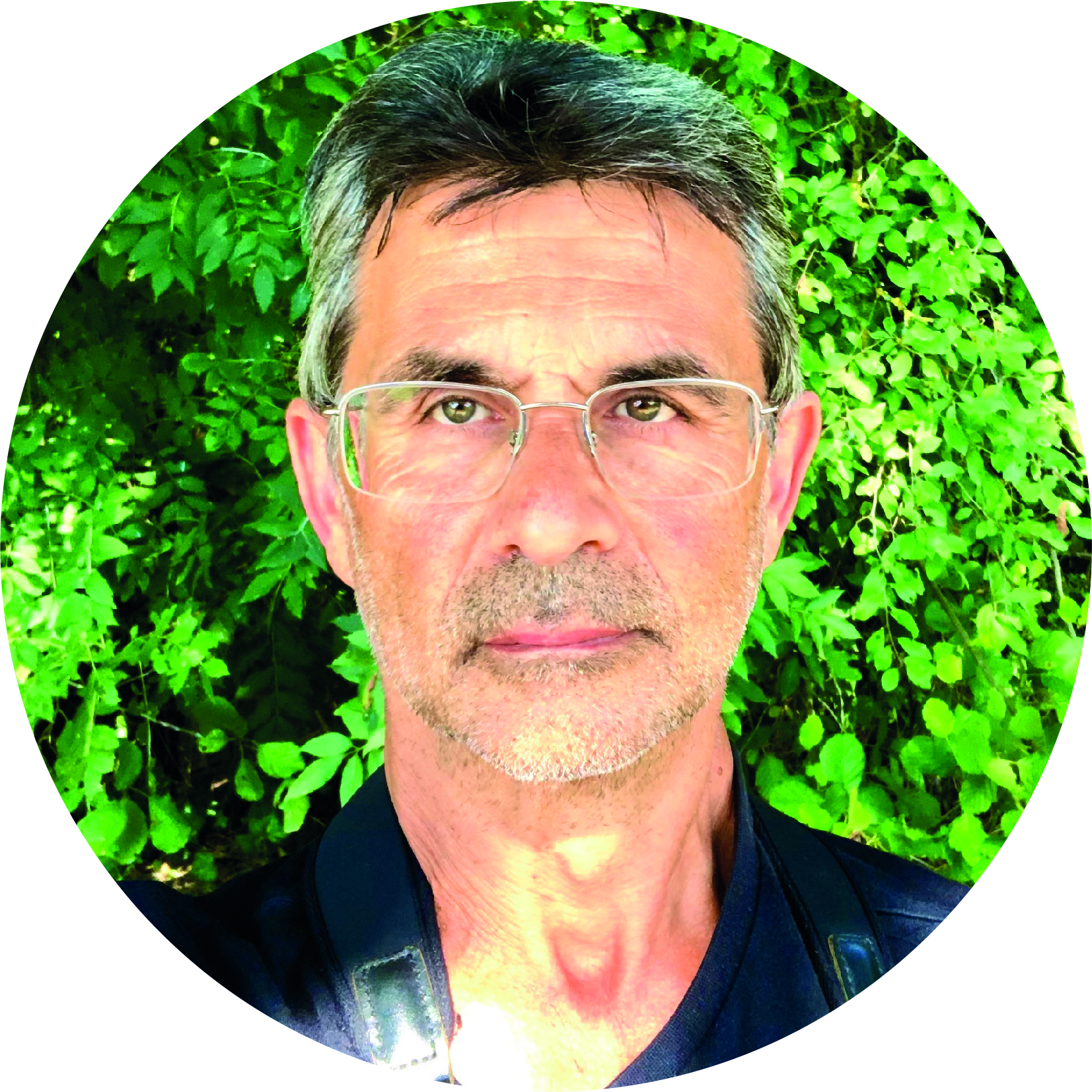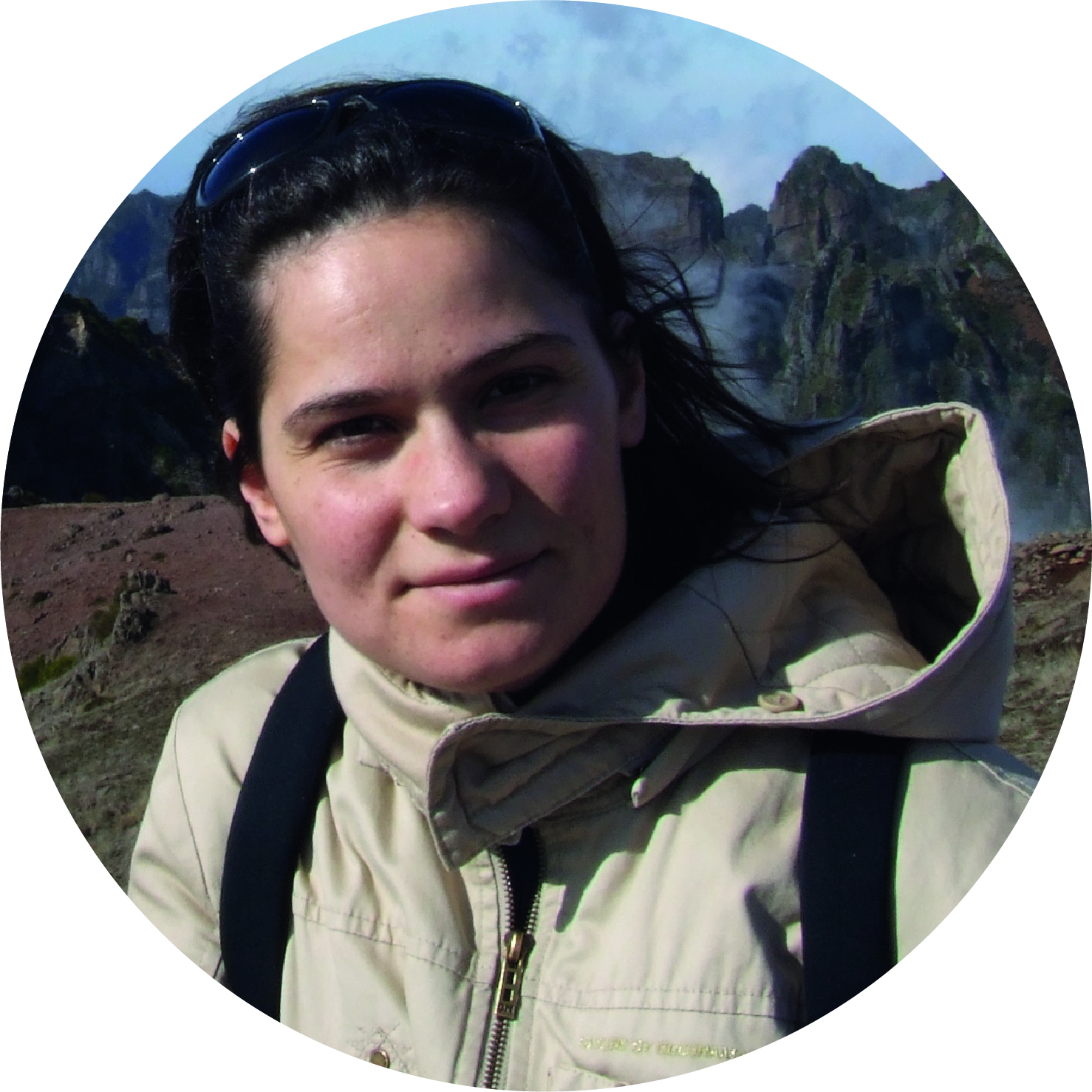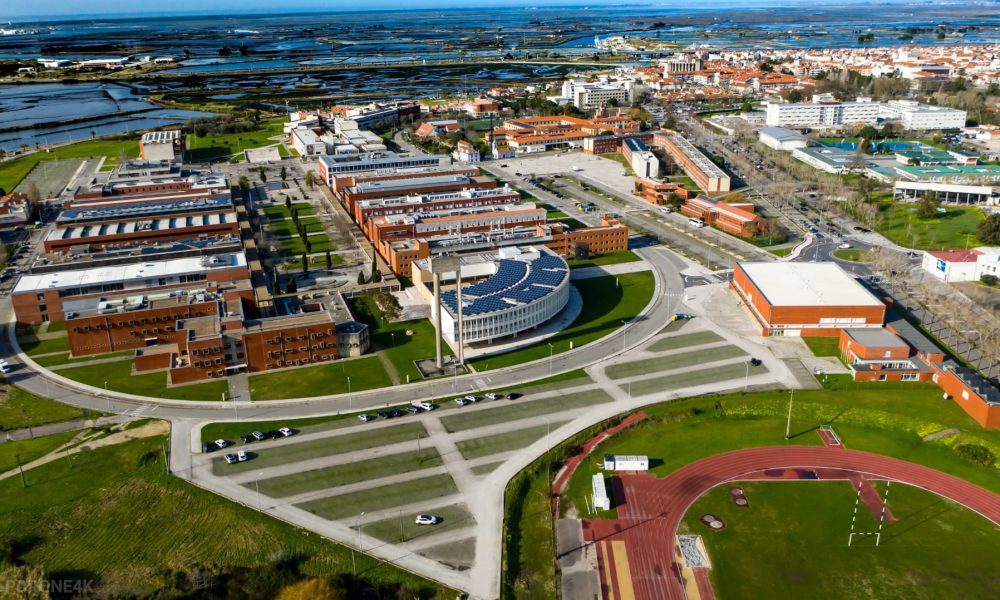
Description of the Research Infrastructure
Created in 1973, the University of Aveiro (UAVR), located in the city of Aveiro, is among the most dynamic and innovative universities in Portugal. With some 14,000 undergraduate and postgraduatestudents, UAVR has excellentteaching and research facilities, and a highly motivated staff. It hosts 19 research centres, including CICECO - Aveiro Institute of Materials, the largest (ca. 470 chemists, physicists and materials engineers) and best rated by the National Science Foundation Materials Science and Engineering institute in Portugal. CICECO’s mission is to contribute to the development of the scientific and technological knowledge necessary for the innovative production and transformation of materials, for a sustainable development and the benefit of society, from ceramics to soft matter and hybrids. CICECO national and international scientific recognition is reflected in the participation and coordination of European projects and Networks of Excellence (> 60) including 6 ERC grants, and in the publication of over 500 SCI papers per year.
CICECO has also an excellent track record of working with industry, with more than 4 M€ per year funding coming from industrial projects and services. Nearly 130 patents have been filled (49 international) and 4 spin-offs are currently running or being created.
The solid-state NMR group at CICECO has been operating since 1992 and the lab is currently the best equipped facility in the country to conduct solid-state NMR research in the fields of Chemistry and Materials Science. The facility has two dedicated NMR spectrometers for solid-state studies (400 WB and 700 SB MHz), serving over 30 research groups at the national level (the facility is part of the Portuguese NMR network). This expertise is highly relevant to the current proposal. By the end of 2020, a new building will host all our present 5 NMR spectrometers plus a new 400 MHz DNP MAS system, which willextend the type of materials and chemical problems presently addressed. The NMR core group has strong expertise on a wide range of solid-state NMR tools, with particular emphasis on high-resolution 1H NMR and quadrupolar nuclei.
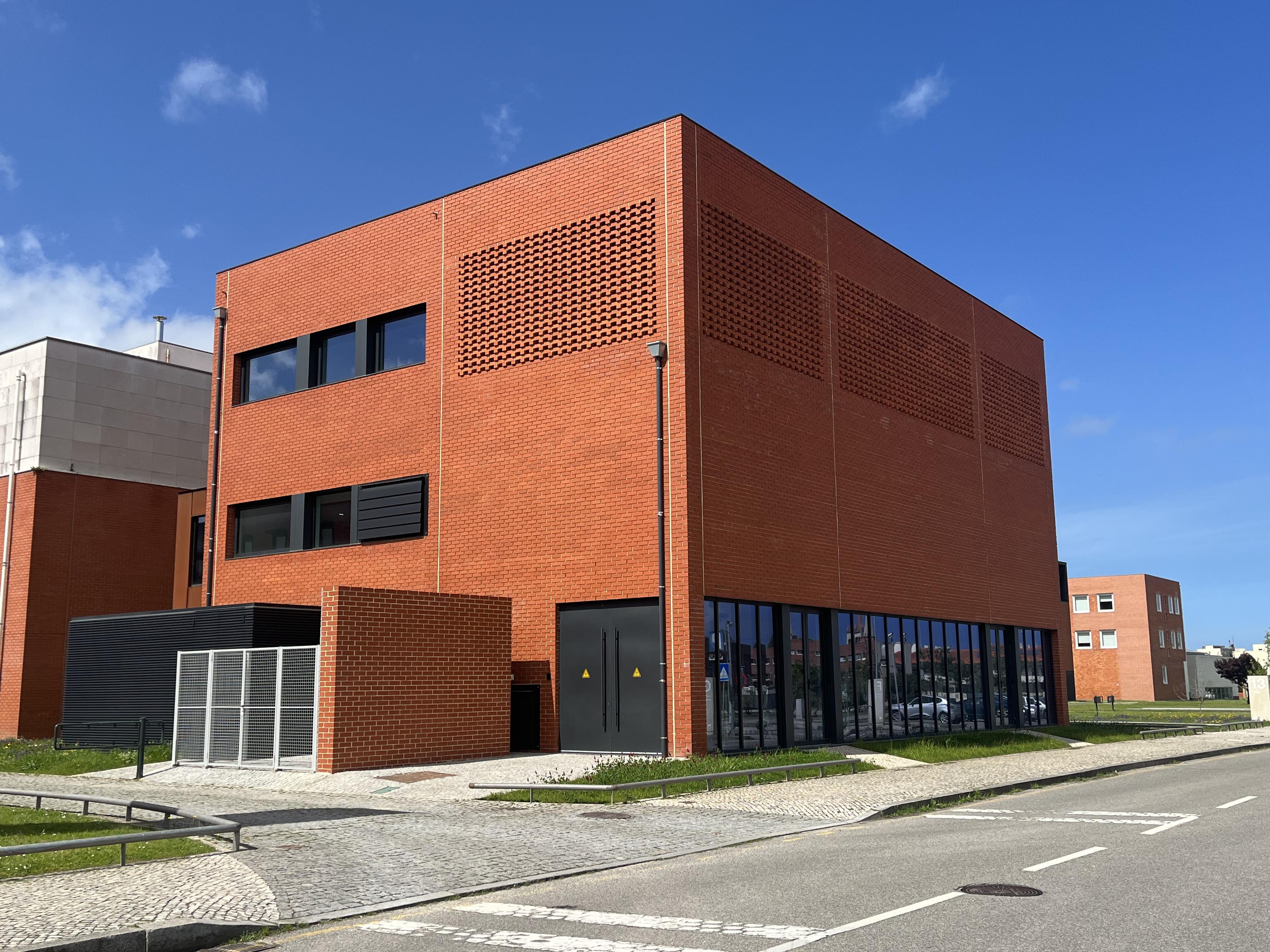
Expertise
The UAVR solid-state NMR group has strong expertise in the study and characterization of organic, inorganic and hybrid materials that find application in areas such as catalysis, chemical sensing, ion exchange, gas storage/ separation, light-emission, magnetism, solid-state ionics, natural biopolymers.
In addition, the team has considerable knowledge on a wide range of solid-state NMR tools for studying the following topics, with particular focus on high-resolution 1H NMR and quadrupolar nuclei: 1) NMR characterization of porous materials relevant in heterogeneous catalysis (e.g., characterization of Lewis and Brønsted acidity in molecular sieves using probe molecules); 2) Studying modified nanoporous solid sorbents with potential for capture of gases labeled in key NMR-friendly isotopes (e.g., 13CO2 in simulated flue gas streams) to study the structure of acid gases species at materials surfaces; 3) Combining high-resolution solid-state NMR methods, X-ray diffraction, and computational approaches to study crystal packing interactions on pharmaceutical powders and materials (NMR crystallography).
Spectrometers open to access
700 MHz, 400 MHz DNP
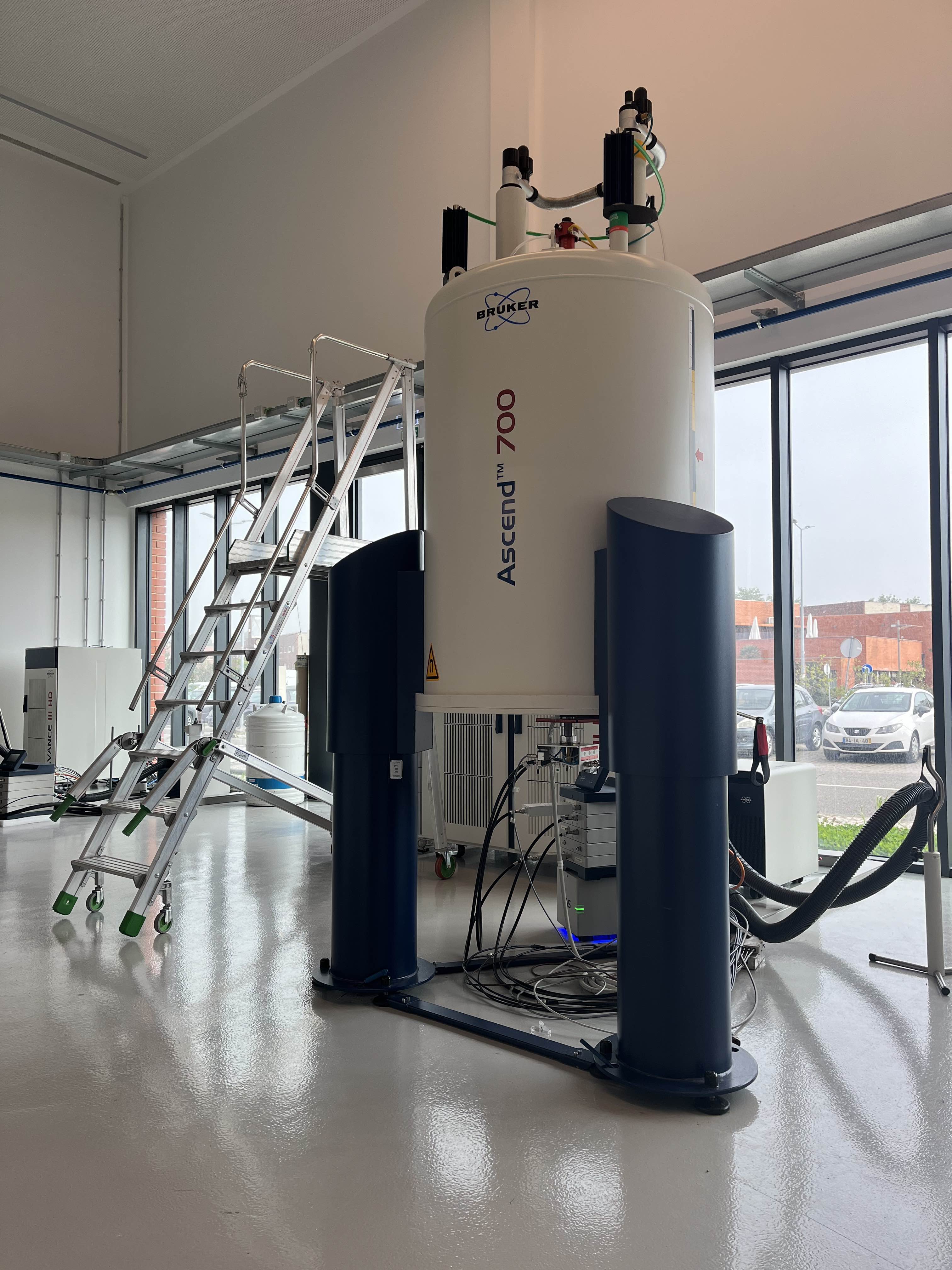
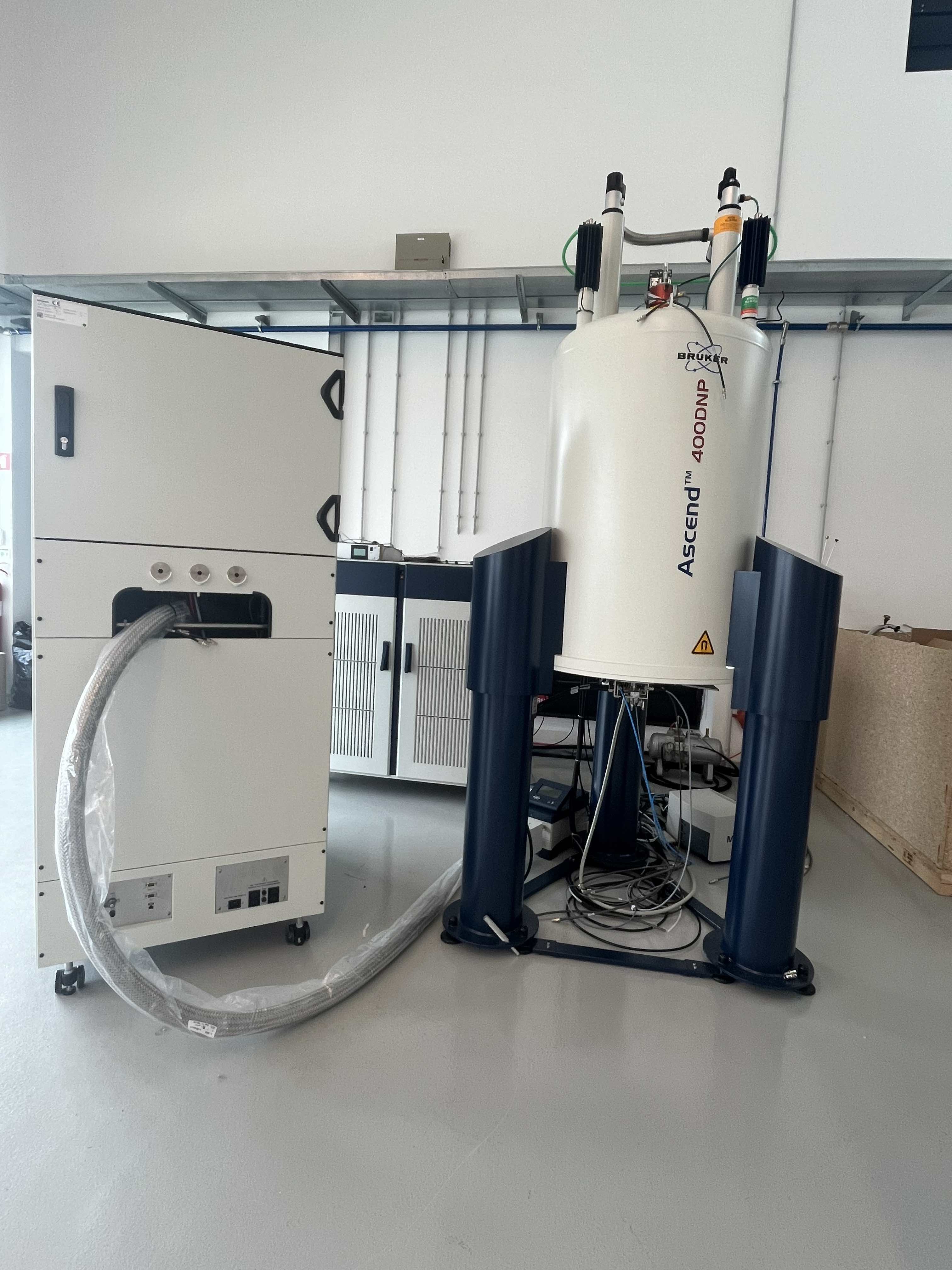
Meet the team!
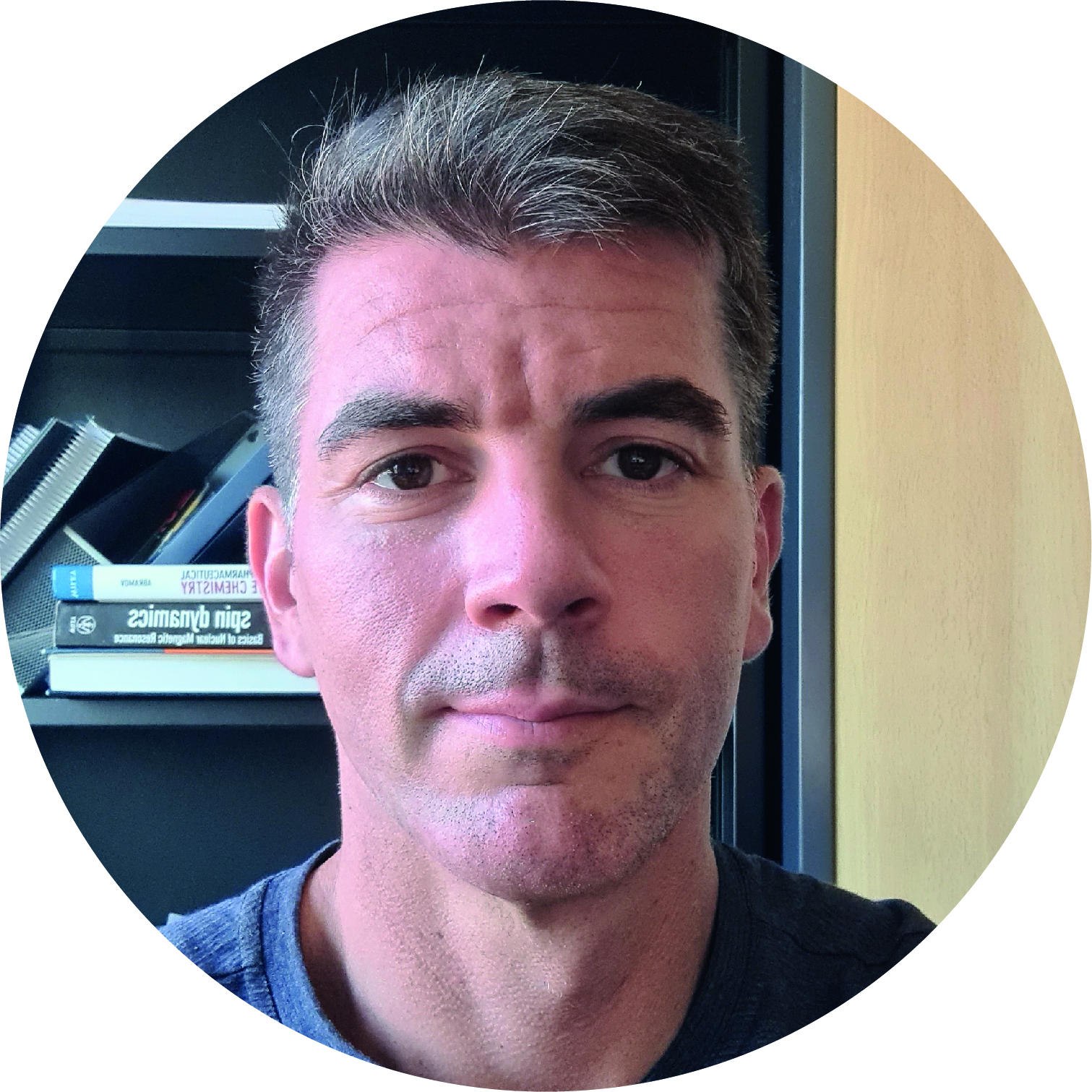
Luís MAFRA
Platform manager
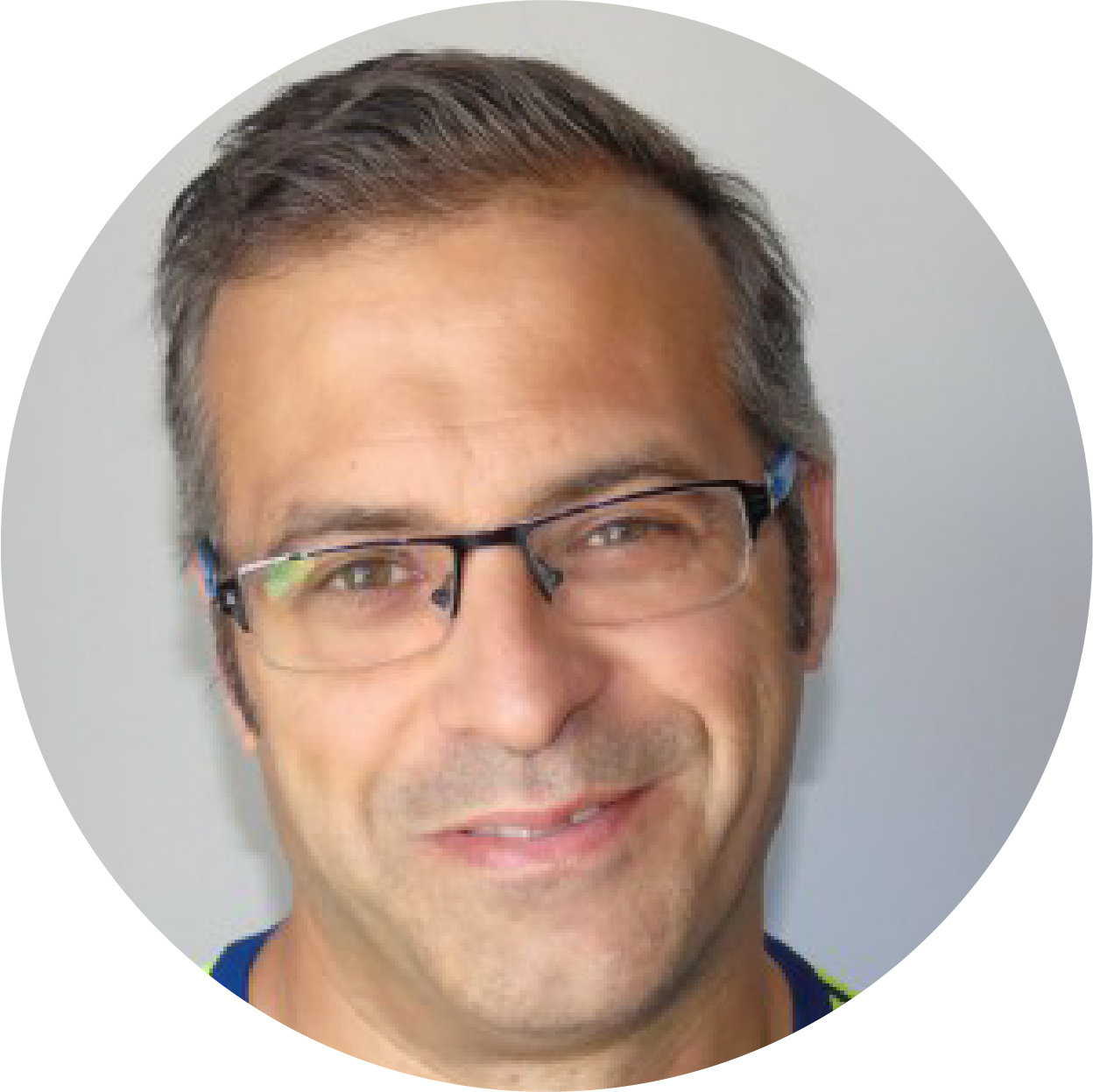
ldefonso MARIN
Research scientist
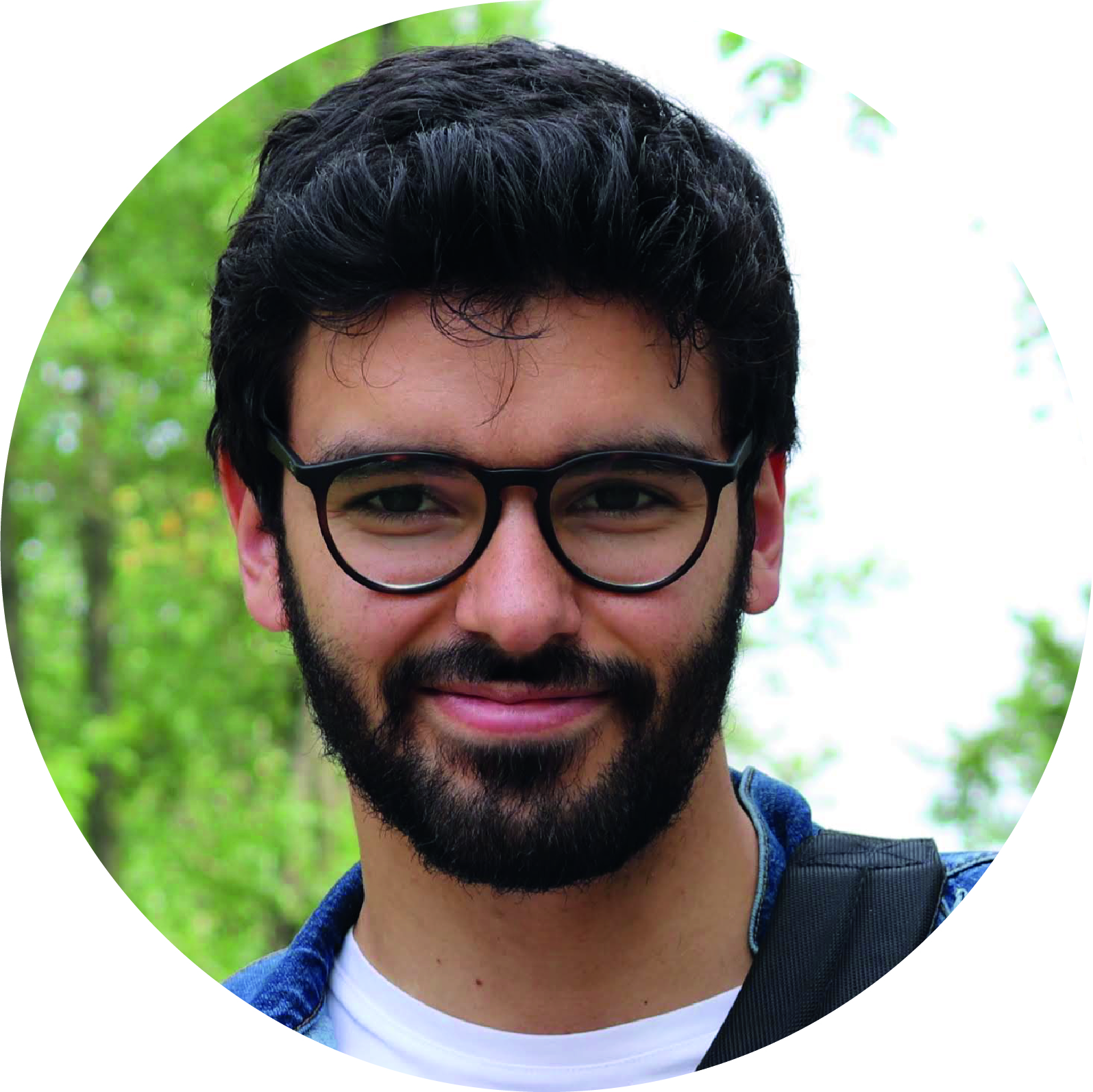
Carlos BORNES
Research scientist
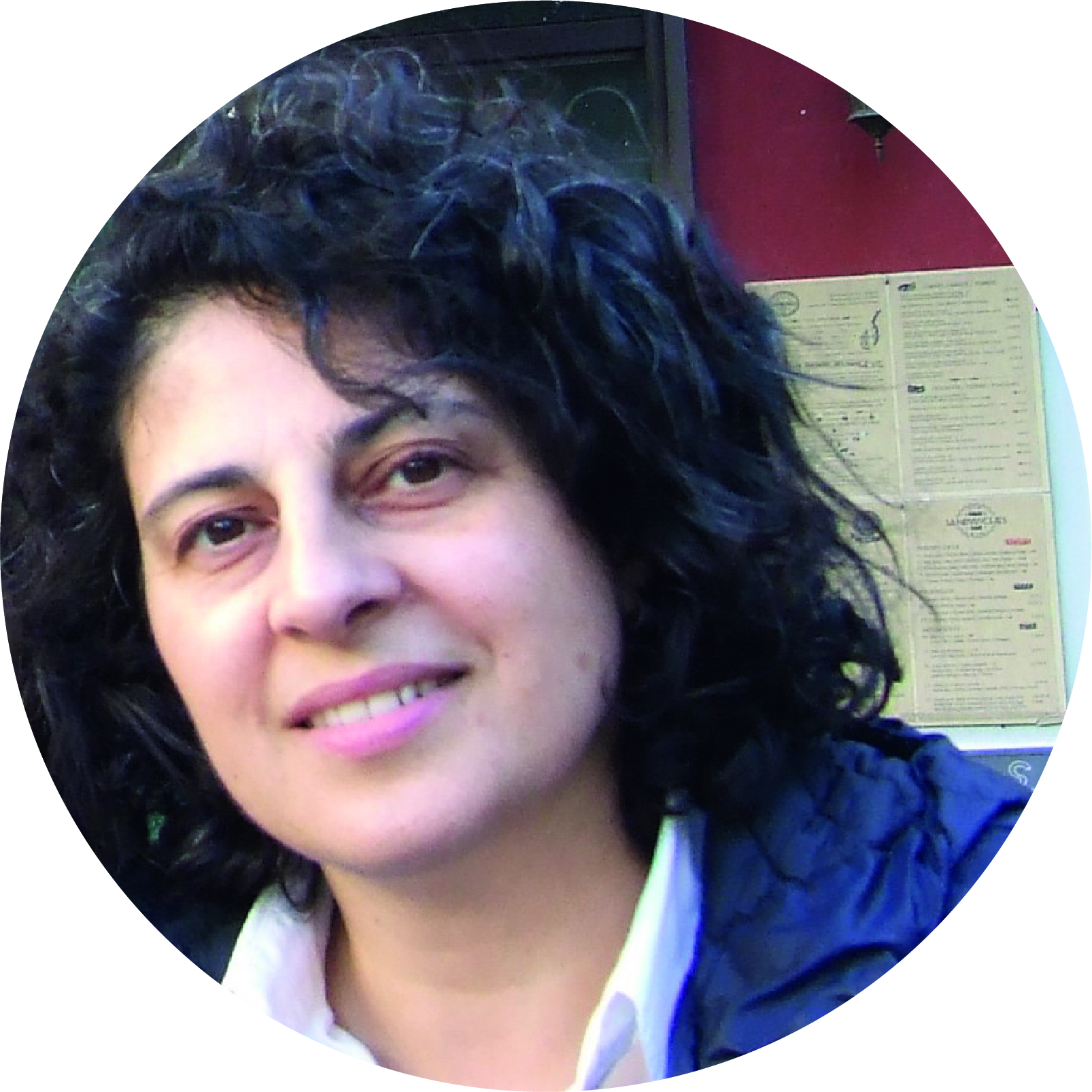
Paula SANTOS
Research scientist
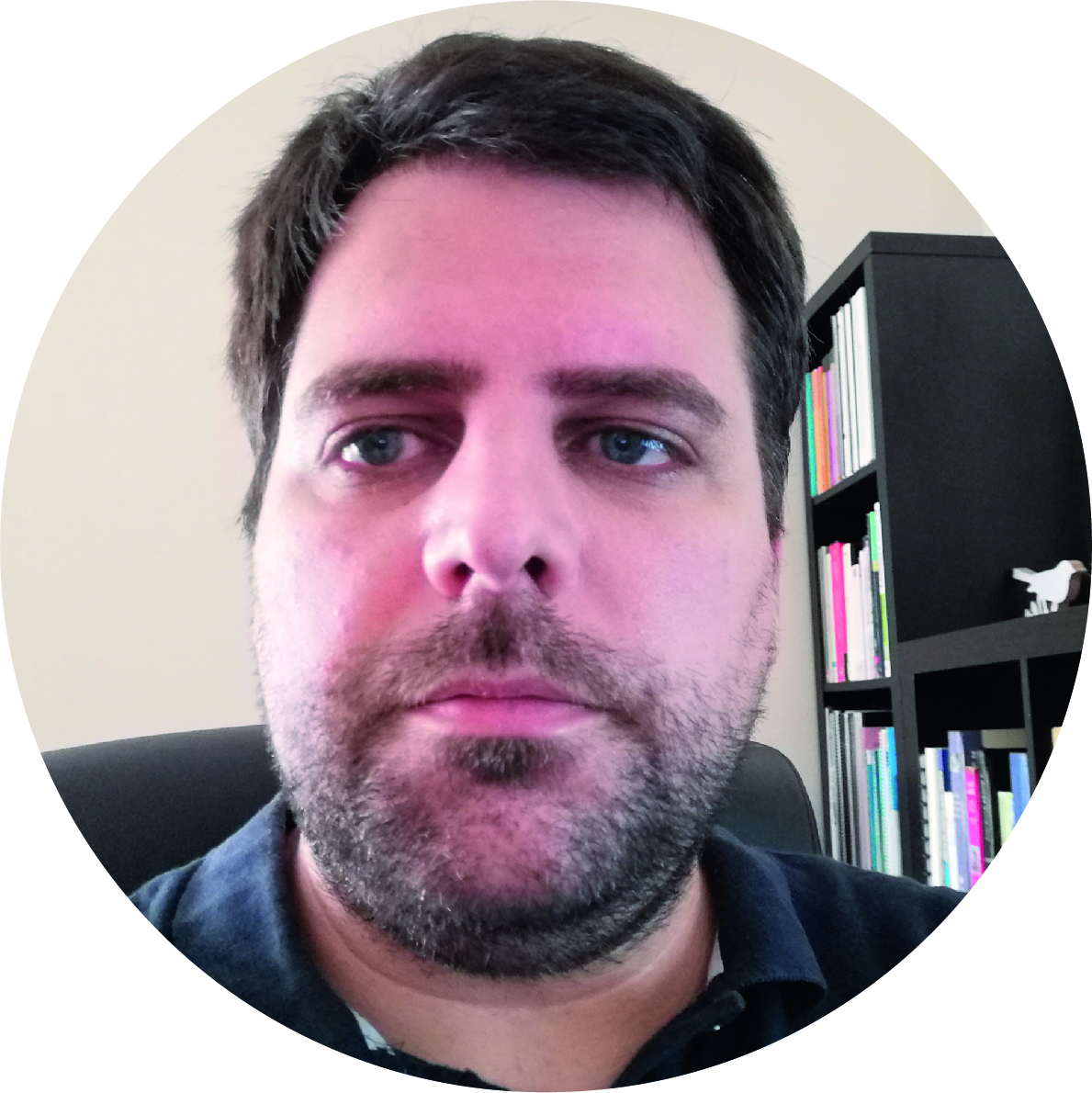
Ricardo VIEIRA
Research scientist
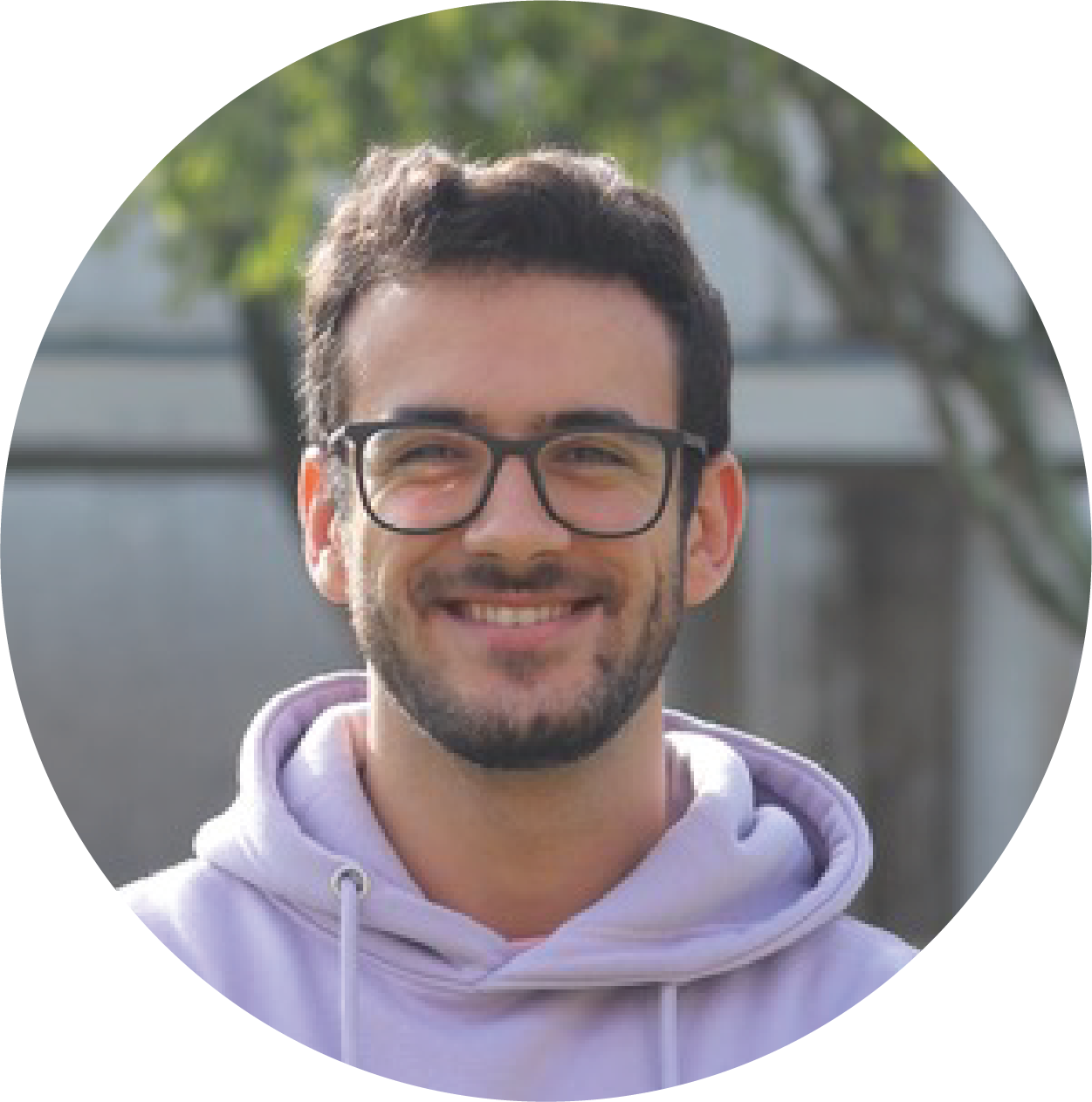
Márcio SOARES
Research scientist




